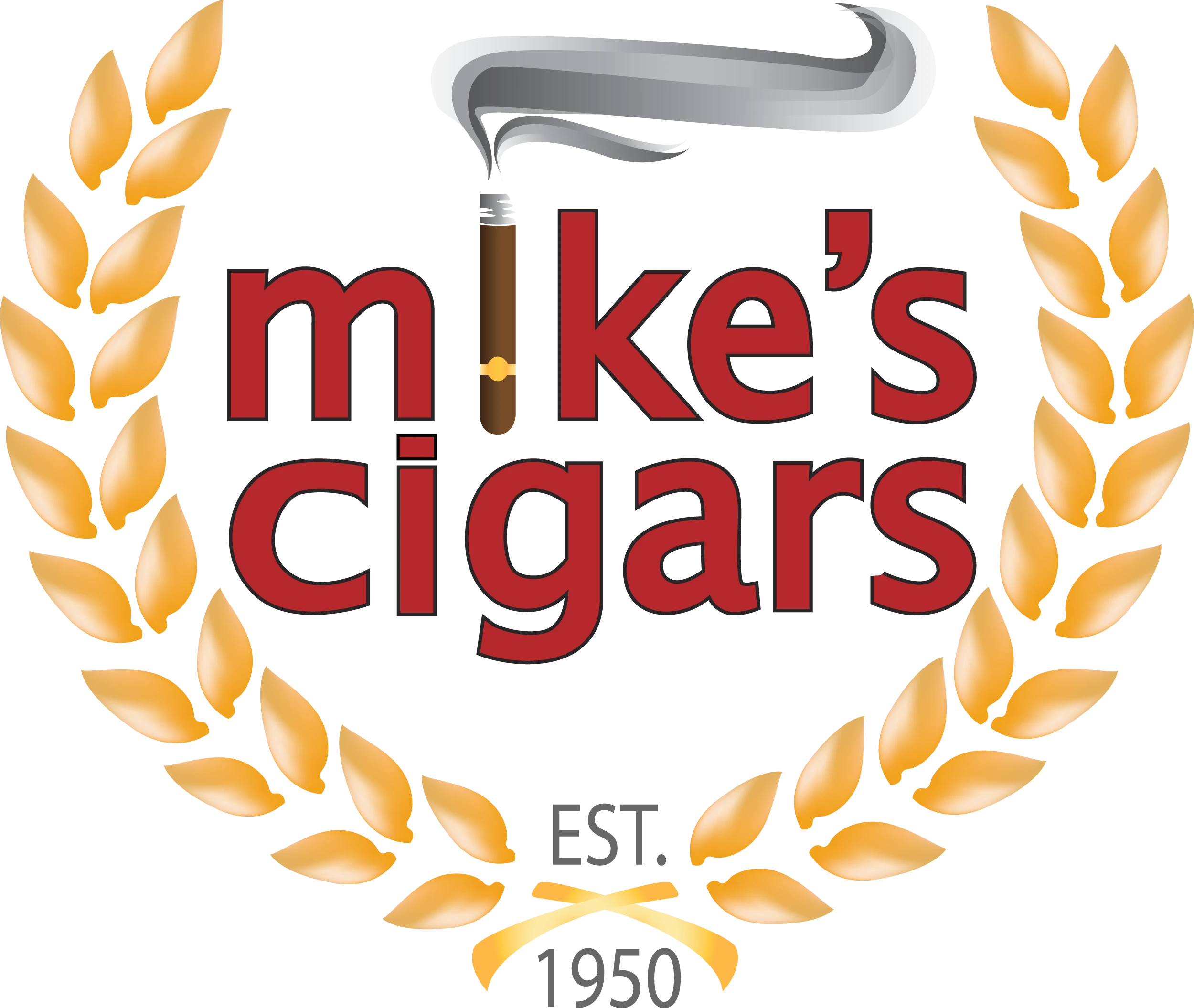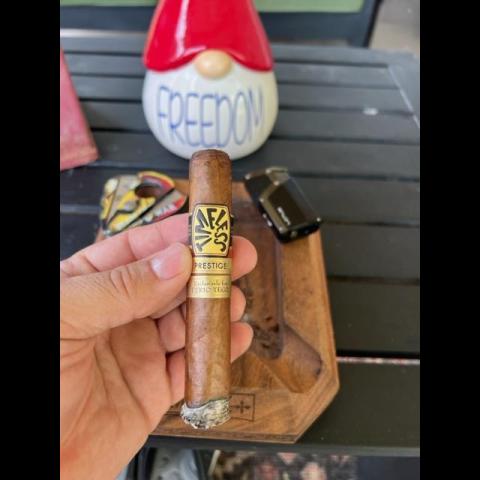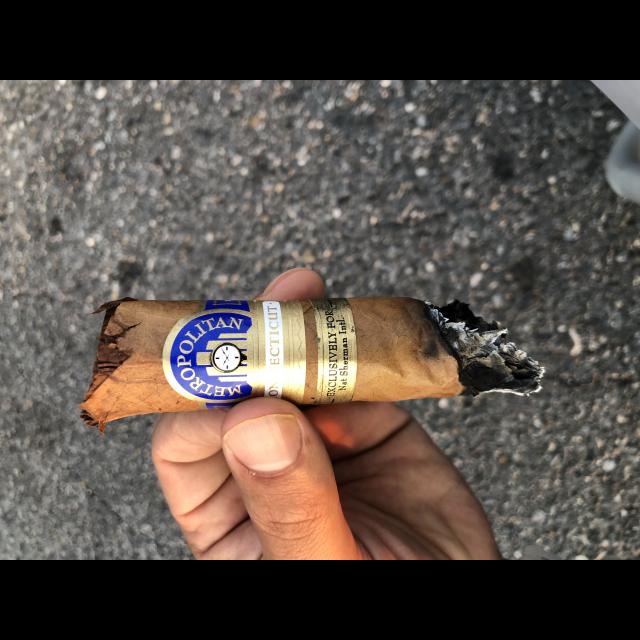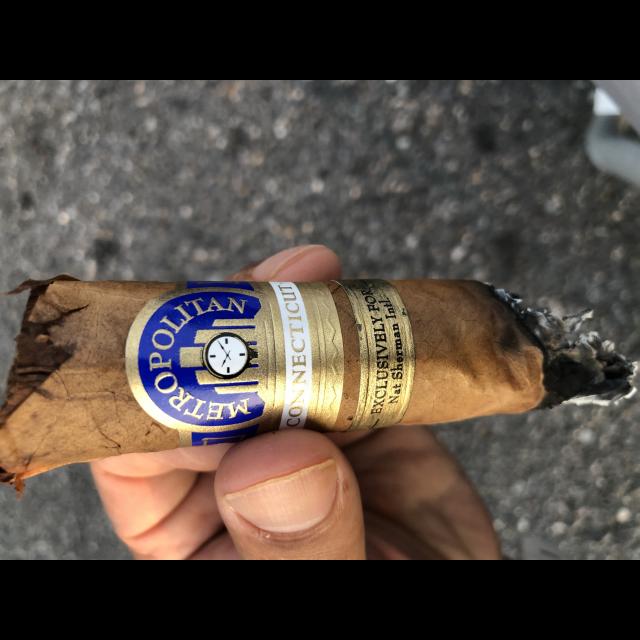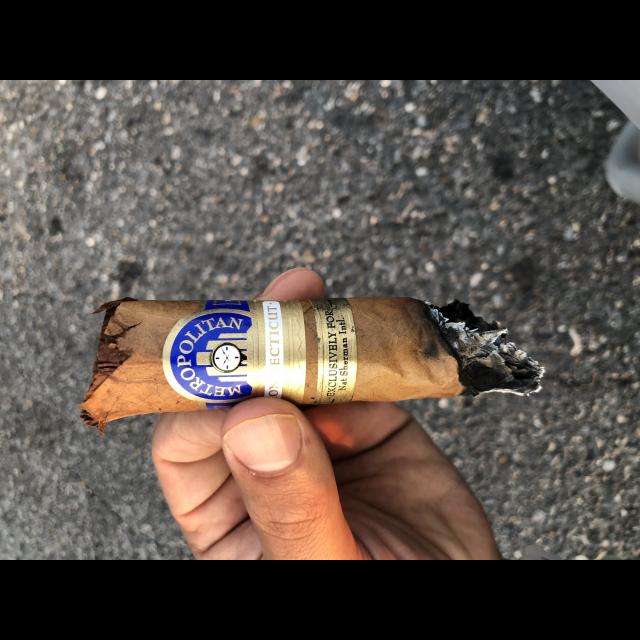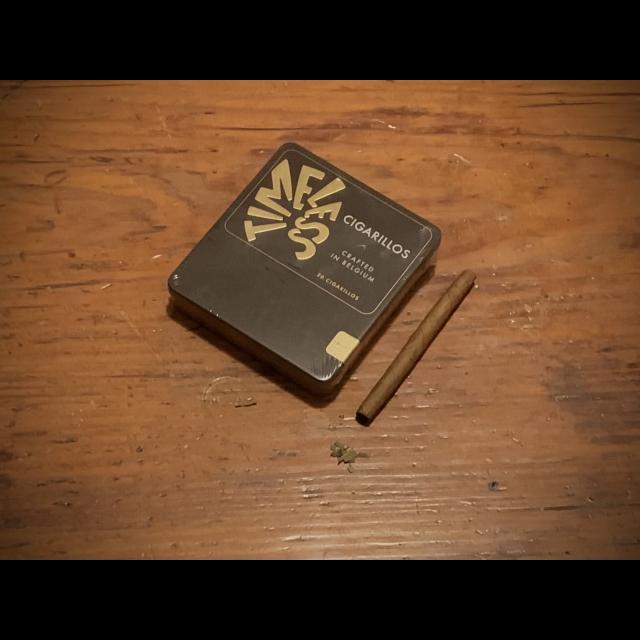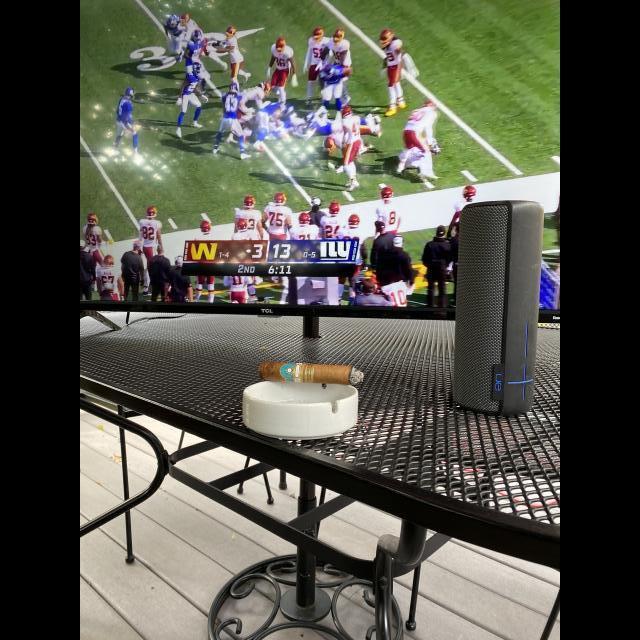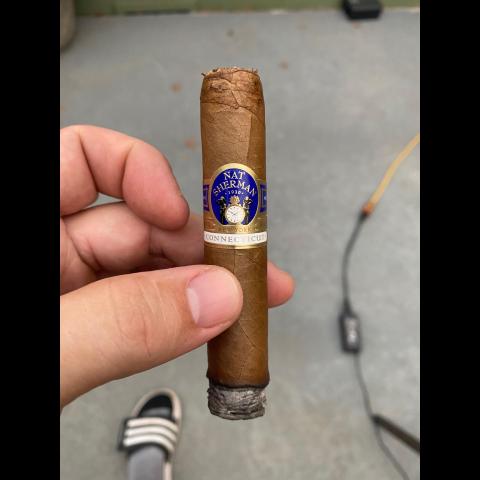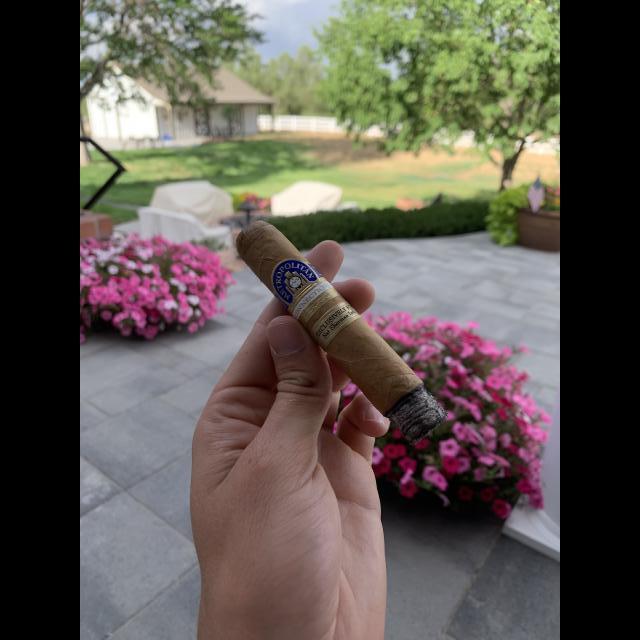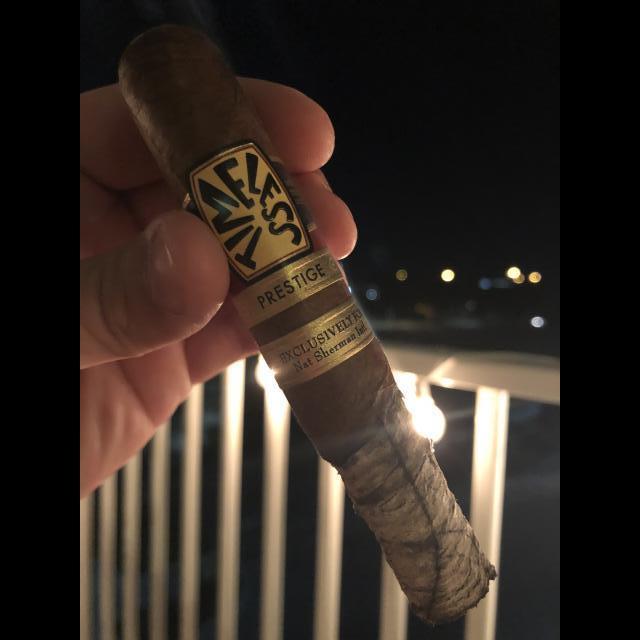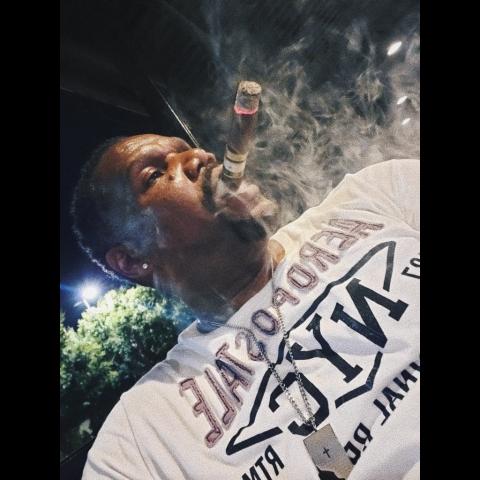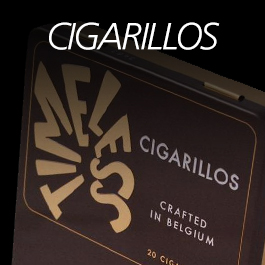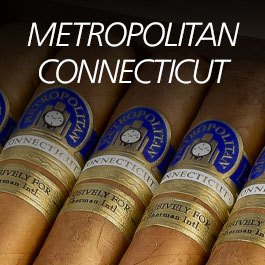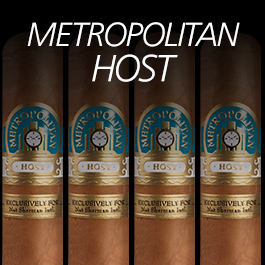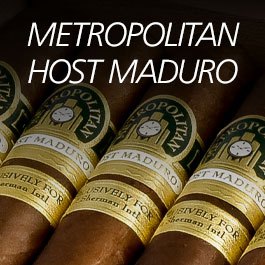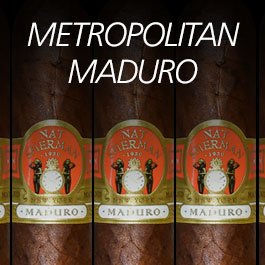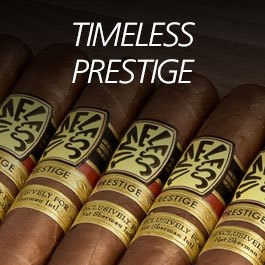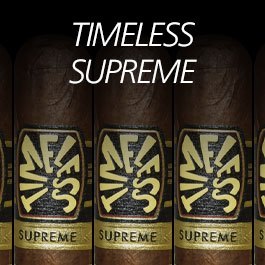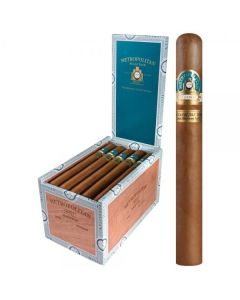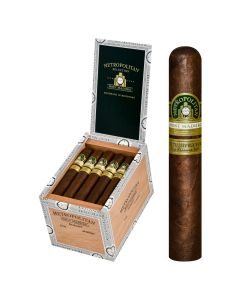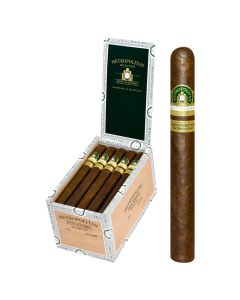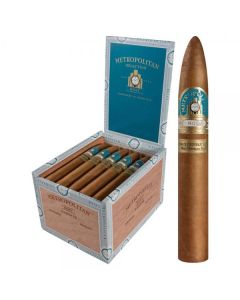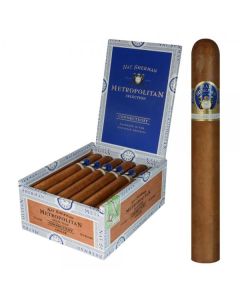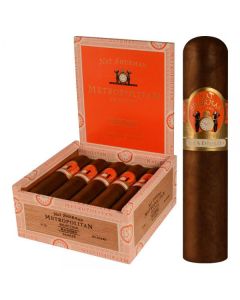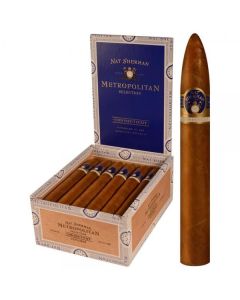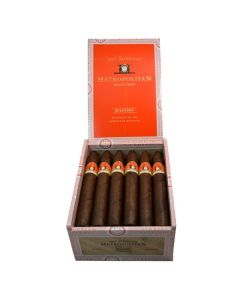Nat Sherman

NAT SHERMAN
Please Note Nat Sherman no longer exists. It is now called Ferio Tego. Please click below to find your favorite Metropolitan, Timeless, or Sterling Cigar.
Click here to visit Ferio Tego Cigars
Making a crisp, fresh cut into the silky wrapper of a Nat Sherman cigar feels so sumptuous, and that first draw so entrancing, that in the crackling of the cherry, as that first mouthful of warm smoke rolls off the tongue, you can almost hear those first unmistakable notes of Gershwin’s Rhapsody in Blue.
A Nat Sherman is a classic American icon—a celebration of success and the American dream, and a commemoration of the unyielding American spirit, even in the most trying of times. In short, enjoying a Nat Sherman cigar is a welcoming visit and a firm handshake with the man whose name graces each box and label.
Nat Sherman emigrated from Hungary to America in 1906. By the 1920s he had made a fortune running his own prominent speakeasy in Prohibition Era New York City. In the midst of this success, he made his first introduction to tobacco when the owner of Traub Brothers And Bear, makers of Epoca Cigars, settled a gambling debt he owed to Nat by handing over half of the business. Nat later bought out the other half, and kept production in Havana, Cuba and Tampa, FL.
After a few years, as partial payment for another loan provided by Nat, eminent real estate developer Abe Gubertz gave Nat a retail space in the lobby of 1400 Broadway in Manhattan. It was in this initial space that Nat expanded his distribution, becoming the exclusive U.S. importer and distributor for Bolivar Cigars from Cuba, and also began selling his own Nat Sherman branded cigars and cigarettes alongside Epoca.
By the 1950s Nat acquired the adjoining retail space, merged both locations, and created the famed Nat Sherman tobacco shop. His shop was a popular spot for aficionados from all walks of life including artists, politicians, famous fashion icons, as well as heads of major organized crime families.
The visits by the crime bosses stuck with Nat’s son, Joel, as he recalled that his father’s shop was designated as neutral ground between opposing families, and that,
“[The crime bosses] drank the best liquor, drove the most expensive cars, had the most beautiful women, and they smoked the best cigars. You'd find people from opposing crime families meeting in the store. They'd buy each other cigars while their bodyguards stood outside.”
During this same time, a customer barged into Nat’s shop, livid that he could not enjoy his cigar while on the airplane. This customer’s complaint led Nat to develop the first cigar with a plastic tip, dubbed the Sherman’s #25, and had the cigars rolled by Carl Cuesta, American manufacturer for Partagas Cigars.
Nat also perfected the craft of making cigarettes, using the same fine tobacco as his cigars, with the pioneering Havana Ovals #149 line.
In 1976, Nat sought to expand the prestige of the brand, and got another location on Fifth Avenue in New York, right next to respected names in luxury including the Plaza Hotel and Tiffany & Company. Unfortunately, in 1978, due to major strife between Nat and his son Joel, Joel left the company and the cigar business entirely.
From then, as Nat grew older, he began to trust a group of young managers who had come to befriend him. He eventually decided to move to Miami Beach, FL, opting to run the business from there, charging the managers with caring for the company according to his distant directions.
In 1990, after Nat passed away at 86, Joel returned, after having acquired and expanded a scissors and gentlemen’s accessories company, and found that the group of managers had near ruined his father’s business.
The managers were conducting side deals, taking money under the table, and had eventually hindered the business to the point that they lost the Fifth Avenue location. Additionally, they had a will drafted, and notarized, for Nat that left the business to them, and left his grandchildren to only collect dividend checks.
After a lengthy legal battle against the managers, their will was finally overturned and Joel Sherman took his place at the head of his father’s business. Under Joel, the company took a closer look at their cigar business, which had been neglected for years, and started the rebirth of Nat Sherman by opening the iconic 5,700 square foot, three-story Nat Sherman Townhouse retail store and lounge.
However, Nat Sherman CIGARS were not in high regard within the world of premium cigars. Its various luxury cigarette brands were successful, but to recapture the soul of Nat Sherman, Joel brought in the indelible Michael Herklots of Davidoff Cigars to revive the Nat Sherman Cigar line. Immediately, Herklots set to work reviving the Nat Sherman iconic cigars.
The Townhouse and smoking lounge was renovated. Production was halted of all cigars for six months, to let the previous stock sell out. After the six months, Herklots worked with Manuel “Manolo” Quesada, prominent cigarmaker in the Dominican Republic, and, after the 2011 International Premium Cigar & Pipe Retailers trade show, finally released the exclusive Nat Sherman Timeless line.
Nat Sherman Timeless was rated above a 90 by Cigar Aficionado, and also made their Top 25 Cigar List for three years in a row. By 2014, this new, refreshed release, and the combined efforts of Herklots and the Sherman family, Nat Sherman sold 2 million cigars worldwide.
Today, Nat Sherman stands once again as the classic smoke. A call back to a by-gone era when the elite and the everyday aficionado alike handled themselves with a class and a swagger all their own, and could sit side by side, even with whom they had disagreements, to respect the sanctity of enjoying a fine cigar together. Now, as Nat Sherman joins the prolific Altria Group, makers of Phillip Morris, the Nat Sherman legacy will be enjoyed by aficionados around the world, for many more decades to come.
-
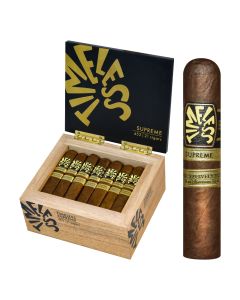 Nat Sherman Timeless Supreme 452 - Short Robusto
Nat Sherman Timeless Supreme 452 - Short Robusto
Natural 4 x 52From $10.29 To $131.50
-
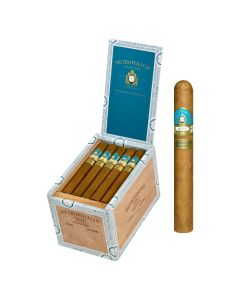 Nat Sherman Metropolitan Host Hamilton
Nat Sherman Metropolitan Host Hamilton
Natural 5 1/2 x 42From $6.84 To $104.50
-
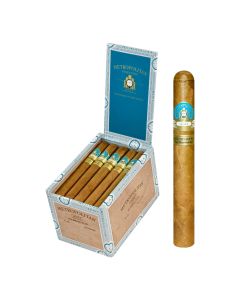 Nat Sherman Metropolitan Host Harrington
Nat Sherman Metropolitan Host Harrington
Natural 6 x 48From $8.63 To $131.50
-
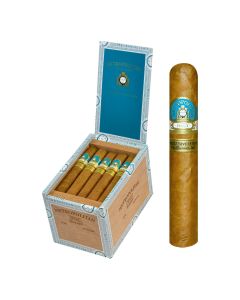 Nat Sherman Metropolitan Host Hobart
Nat Sherman Metropolitan Host Hobart
Natural 5 x 50From $7.19 To $109.50
-
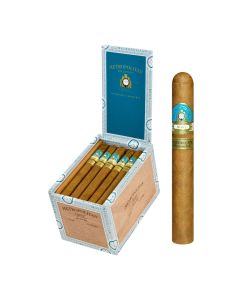 Nat Sherman Metropolitan Host Hunter
Nat Sherman Metropolitan Host Hunter
Natural 6 1/2 x 43From $6.84 To $104.50
-
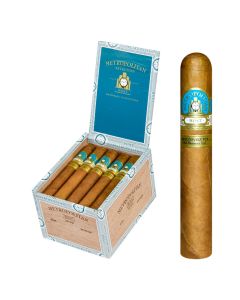 Nat Sherman Metropolitan Host Hyde
Nat Sherman Metropolitan Host Hyde
Natural 6 x 60From $10.93 To $132.95
-
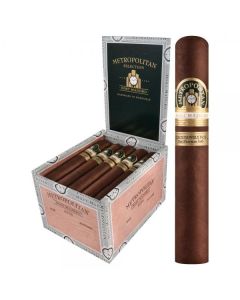 Nat Sherman Metropolitan Host Maduro Hyde
Nat Sherman Metropolitan Host Maduro Hyde
6 x 60From $10.93 To $132.95
-
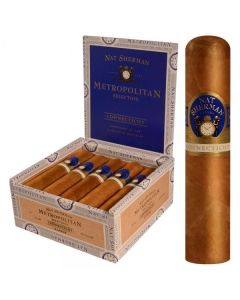 Nat Sherman Metropolitan Connecticut Banker
Nat Sherman Metropolitan Connecticut Banker
Natural 5 x 70From $10.93 To $66.50
